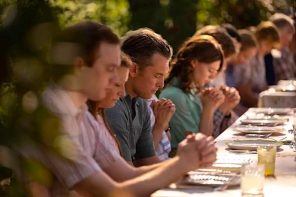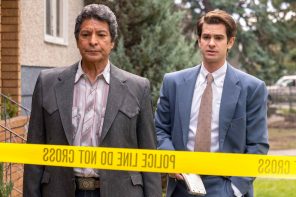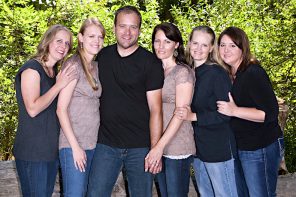In a case that may have wide-reaching influence, the Supreme Court of British Columbia today opened deliberations in a constitutional reference case to determine whether a small group of fundamentalist Mormons living in a remote B.C. community called Bountiful may practice religiously-motivated plural marriage without fear of prosecution or conviction.
Before a courtroom packed with legal experts, scholars, civil libertarians, and child rights advocates, justices initiated groundbreaking legal processes to determine the constitutionality of section 293 of the Canadian Criminal Code, which criminalizes the practice of polygamy, in light of sections of the Canadian Charter of Freedom pertaining to religious and civil liberties.
Polygamy-practicing Mormons began fleeing to Mexico and Canada in the 1880s, after US Supreme Court Justices upheld the conviction of George Reynolds on polygamy charges in 1879, declaring polygamy an “odious” “Asiatic” practice not protected by First Amendment freedom of religion guarantees. Mormons founded and continue to make up a significant proportion of Canadian towns such as Cardston, in Alberta. The Bountiful community began when FLDS leader Owen LeBaron visited Cardston in 1945 to proselytize and recruit mainstream LDS into “the Work” of plural marriage Mormonism. Cardston dairyman Harold Blackmore was among those who followed LeBaron and started his own remote FLDS community near Lister, British Columbia, naming it Bountiful after a city in the Book of Mormon. In 2002, when Warren Jeffs became President and Prophet of the Hilldale, Utah-based FLDS Church, the affiliated Bountiful community split over issues of succession.
The case is sure to be watched closely among tens of thousands of FLDS and non-FLDS polygamists in the Book-of-Mormon belt and beyond, and may also have implications for Muslims and other polygamy-practicing people of faith.




